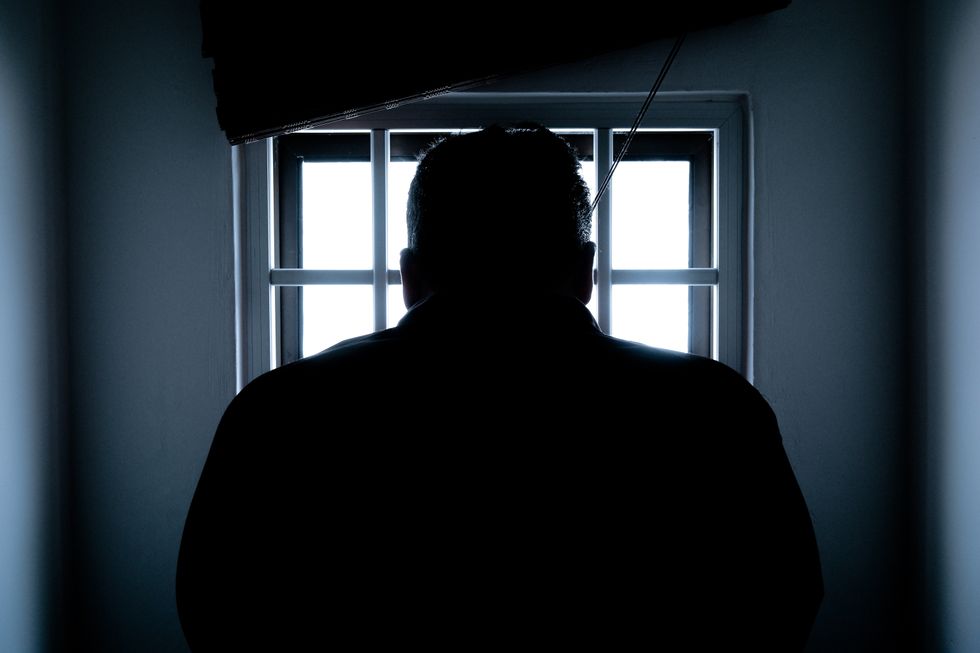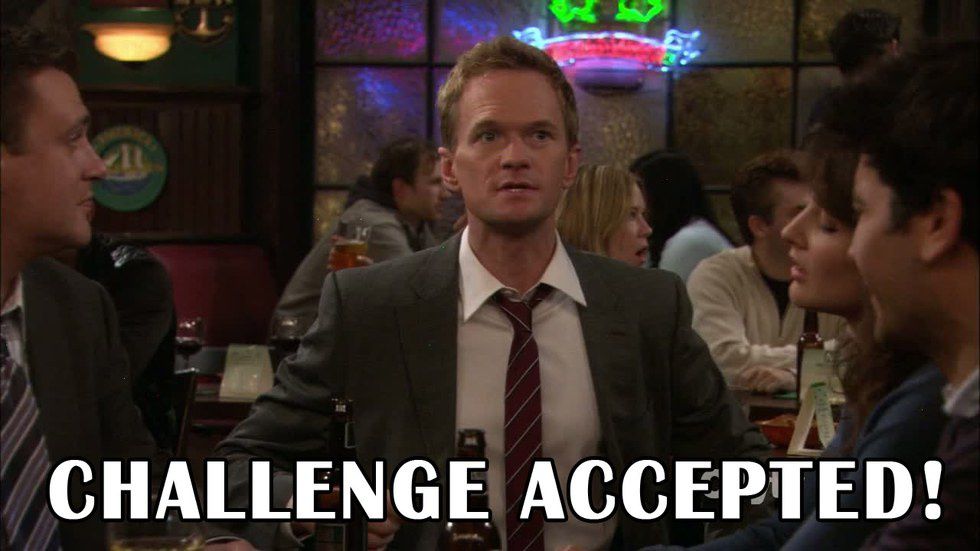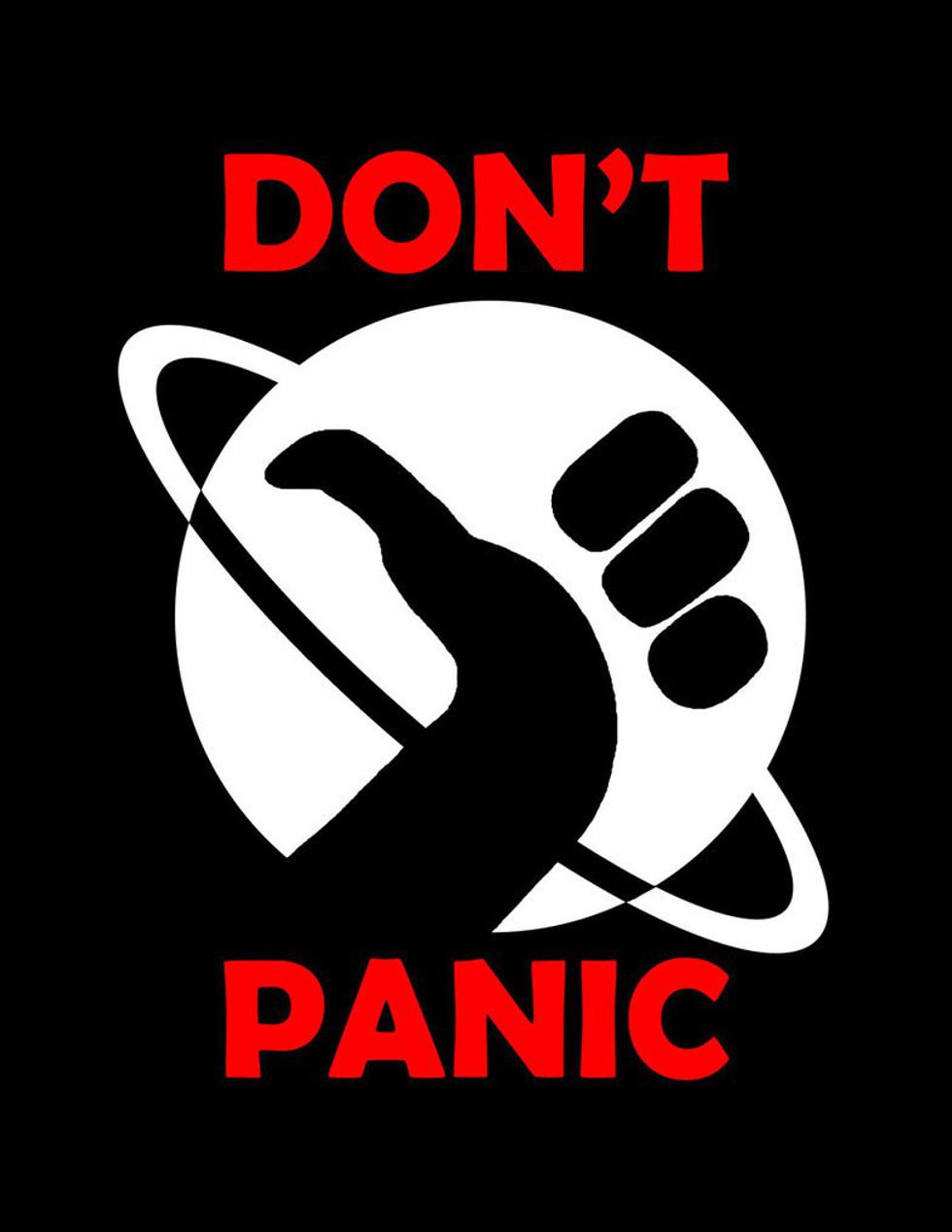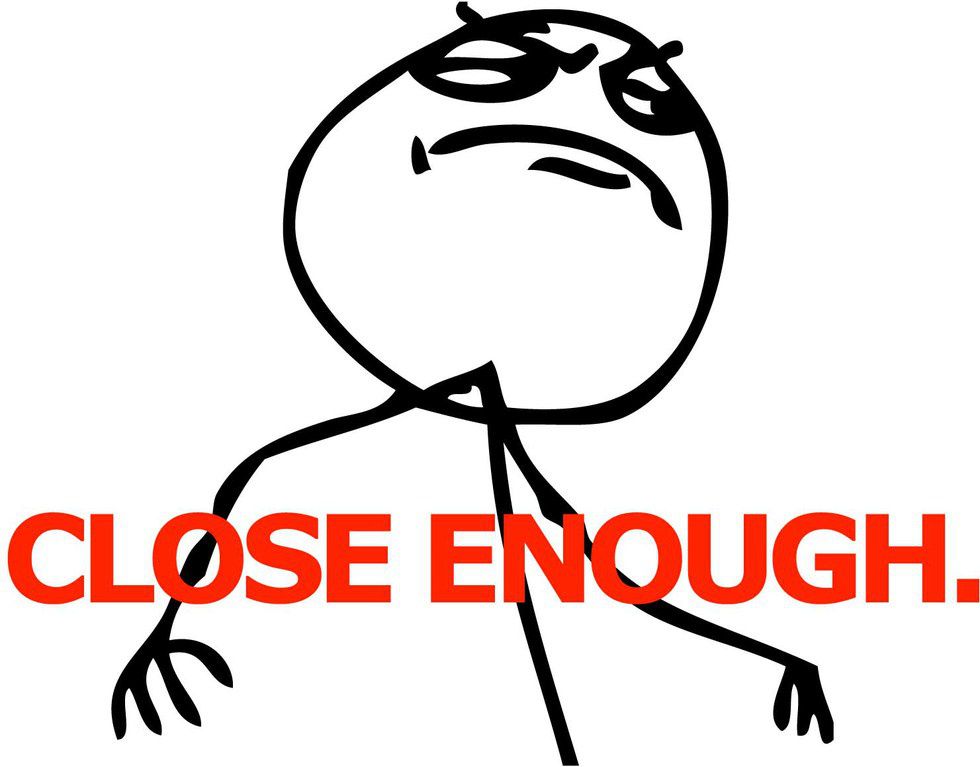There’s a distinct moment in the film "Gods and Monsters" where James Whale, the director of both original "Frankenstein" films played by Ian McKellan, becomes his own monster. As Clay Boone sits naked with only a gas mask covering his face Whale forces himself onto him. The two fight and Whale demands that Boone kill him, thereby becoming his next monster. At this moment, he believes himself to be Frankenstein when in reality he is the Monster unable to covet the very thing he had been seeking throughout his story. For the Monster it is the Bride that rejects him, eventually leading to his suicide. For Whale it is the rejection of Clay Boone, a man who he’s allowed into his life and inner sanctum. This final rejection for both Whale and the Monster lead to their respective decisions to die; to escape a life where they had to constantly flee from themselves. Both Whale and the Monster die by their own choice and in their deaths, they find some kind of relief. Both of them exist as both perpetrator and victim of their actions and the actions of those around them. Elizabeth Young summarizes this point perfectly on page ten of her analysis of "Bride."
She states, “The perpetrator, in this case, is also the victim, in an overlay of iconographic forms — rapist and martyr — that sets the film in conflict with itself. Indeed, in both Frankenstein films, the Monster embodies a paradox, the sympathetic lynch-mob target who is also, possibly, a demonic rapist,” (Young 10). Whale is portrayed as a man whose homosexuality has plagued him practically his entire life. Even though the film doesn’t go into specific detail about the nature of his past abuse it gives the viewer a good idea of what could have been. The way Hannah talks about him, by describing his life as sinful and amoral, is likely how his father, a priest, talked to him as a child. His experience in the war, and even his experience as director of the Frankenstein films to a certain extent traumatized him. The Great War forced Whale to come to terms with his own mortality, it made him detached from the world around him. Whereas his experience with the Frankenstein films made him question who he is as a person. Throughout "Gods and Monsters," Whale is constantly portrayed as both the Monster and the Doctor. In some sequences, he is calm and creative while in other scenes he acts on his base impulses. By the film’s end, right before his suicide, we finally realize that Clay Boone and James Whale exist as both the Doctor and the Monster. They both feed off of one another’s problems and allow them to fester rather than work to improve one another. In a sense, they both create one another and the audience’s sympathy lies with both men.
In the film’s final scene, when Clay Boone is watching "Bride of Frankenstein" with his son years after his time with Whale, it’s revealed that Whale left him his first drawing of the Monster. On the back of the drawing,https://www.pexels.com/photo/silhouette-of-a-man-i... we see the word, “Friend,” written with a question mark right next to it. Not only does this serve as Whale’s final question to Boone, making him wonder if the two were ever truly friends, it also serves as an admission on Whale’s part. It’s him coming to terms with the fact that he is the Monster and always has been. The constant running motif of Whale’s art adaptations serves to prove the kind of artist he truly is. He’s not a creator like Doctor Frankenstein, he’s the product of what’s around him like the Monster. His openness about his homosexuality at a time where homosexuality was considered taboo makes him a figure of persecution by those around him. He’s not the norm, he’s the other.
Whale’s entire life is parallel to the Monster and, much like the Monster, his final moments in life are the only moments he has to choose for himself. He doesn’t choose what’s best for Hannah or for Clay, he chooses what he finds to be best for himself. In this sense, both Whale and the Monster offer a strange kind of relief in their deaths. Both are tragic but are eerily similar to one another. In the end, James Whale lived a life outside of the norm but one that he was able to control in one final choice.























